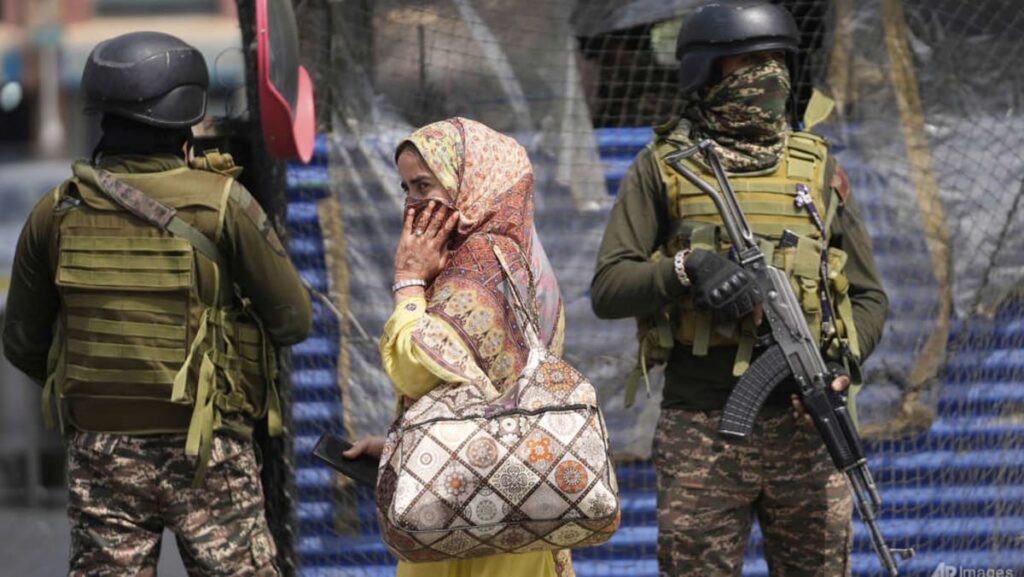Is there a path to de-escalation and long-term peace?
Researcher Iftekharul Basha from the S Rajaratnam School of International Studies think-tank wrote in a commentary after the April attack in Pahalgam that India needs to take steps to ensure social cohesion and co-existence; and respect diversity.
“Alienating Indian Muslims will only pave the way for extremists to exploit the situation,” he said.
Pakistan, too, has a responsibility to take credible measures to ensure regional peace and security by thoroughly investigating and clamping down on terrorist groups operating within its borders, Mr Basha added.
He also cited the South Asian Association for Regional Cooperation (SAARC) – an economic and political organisation of countries in the region – and how treaties under it such as the Suppression of Terrorism Convention have been “underutilised” due to a lack of enforcement and political will.
The association could have stepped in to reduce tensions following the April attack, but political rivalry had hindered its effectiveness.
Mr Basha said the SAARC could consider learning from other regions like Southeast Asia and its ASEAN bloc.
Gestures from the wider international community, meanwhile, may only offer temporary relief, said former Pakistan national security adviser Moeed W Yusuf in an analysis for the Belfer Center for Science and International Affairs in Harvard University.
The international community’s interest has been restricted to crisis management rather than crisis prevention, which requires more sustained effort to nudge both sides to normalise their ties, he wrote.
Mr Yusuf said dialogue between the two nations was the “only sensible way forward”, citing examples of previous instances when India and Pakistan had made progress in their relationship after serious conversations.
“The international community should find ways to facilitate India and Pakistan’s return to the negotiation table – with the intent to address all their outstanding issues in a mutually acceptable and sustainable manner,” he said.
“The risks of heightened tensions in nuclear South Asia are too high for the world to allow this to happen.”
https://www.channelnewsasia.com/asia/india-pakistan-war-operation-sindoor-kashmir-cna-explains-5114446


